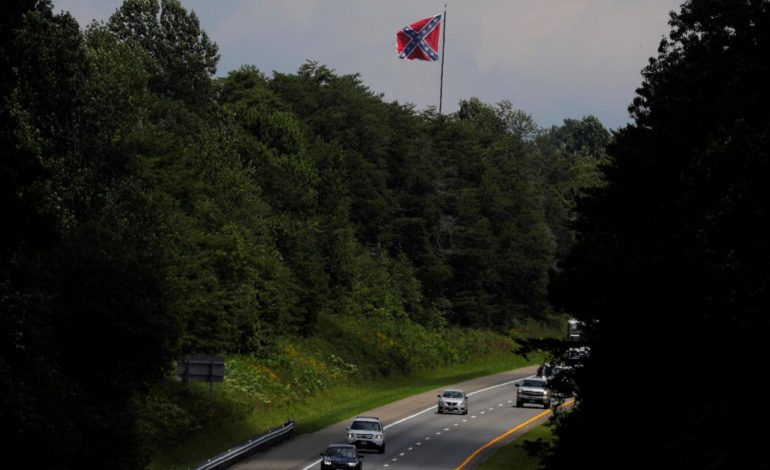CHARLOTTESVILLE, Va. — For many residents of Charlottesville, Virginia, last year’s White nationalist rally shattered the city’s carefully curated reputation as a progressive, idyllic place to live.
But for Nikuyah Walker, an activist who was elected mayor just three months later, the violent clashes only underscored deep racial and economic inequities that have long divided this picturesque college town. In her view, the rally has forced Charlottesville to confront its own complicated legacy.
“You can have three or four generations who are struggling, and that family has not been able to move out of poverty wages – that’s a significant portion of Charlottesville,” Walker, the city’s first Black female mayor, told Reuters outside City Hall. “And then you have this very wealthy community that loves and raves about it.”
Some residents have argued that the vast majority of the marchers last year were from out of town, but Walker said that narrative ignores the city’s broader problems.
She noted that the main instigators of the “Unite the Right” rally, Richard Spencer, who coined the term “alt-right” to describe the loose coalition of White nationalists, and Jason Kessler, a local blogger, graduated from the University of Virginia on the western side of town.
The rally was billed as a protest over the City Council’s plan to remove two Confederate statues from downtown parks. Last year, a judge blocked the city from taking down the statues, which are encircled by orange plastic fencing and are off-limits to residents.
The effects of last year’s violence are still felt every day in Charlottesville.
City Council meetings have frequently devolved into shouting matches. At a recent community outreach meeting where police officials detailed security plans for this weekend, residents asked one after another how they were supposed to trust the police after 2017.
When Mayor Walker, 38, announced her run for City Council last spring after years of activism on behalf of low-income residents, she adopted the motto “Unmasking the Illusion,” aiming to dispel the notion that Charlottesville was a diverse, liberal utopia. She has focused her attention on issues like affordable housing and policing.
Reverend Tracy Howe Wispelwey, a local activist, said last year’s rally was eye-opening for many in Charlottesville.
“You have a lot of White liberals who have not grappled with our history and want to dismiss it,” she said. “That’s just not truth.”






Leave a Reply